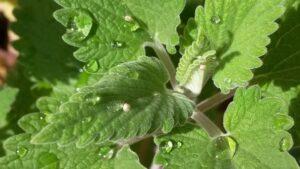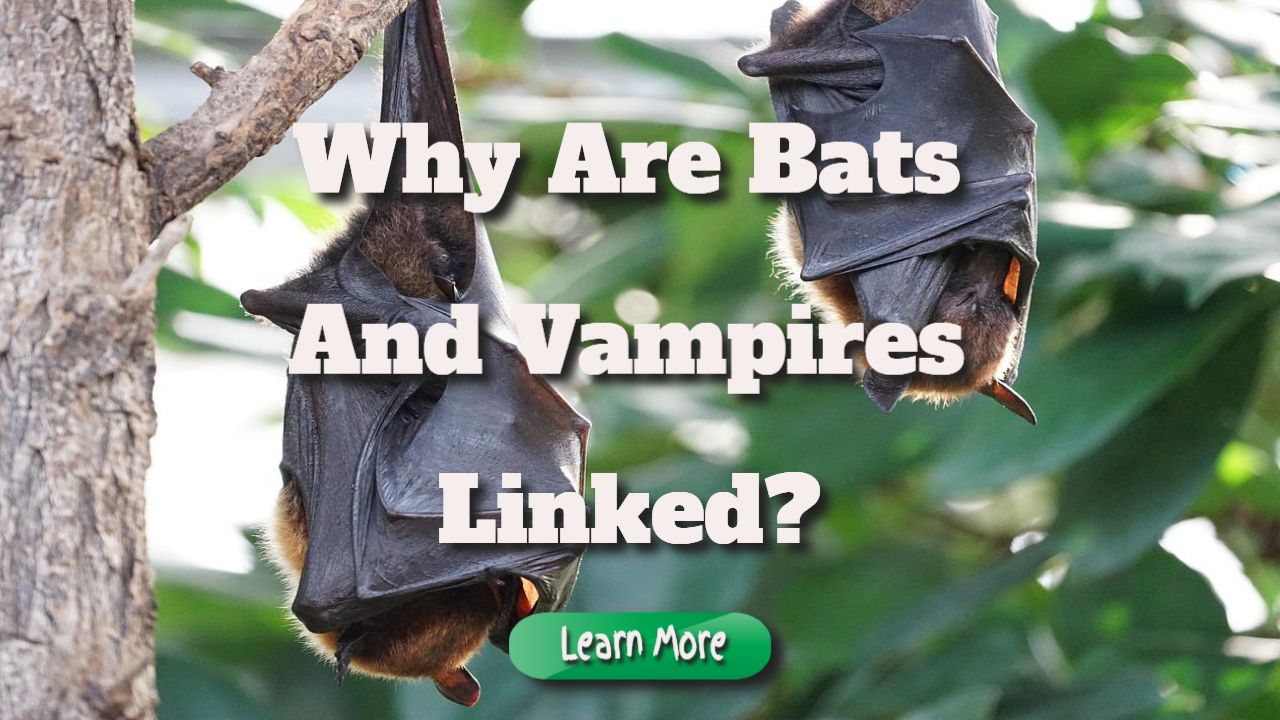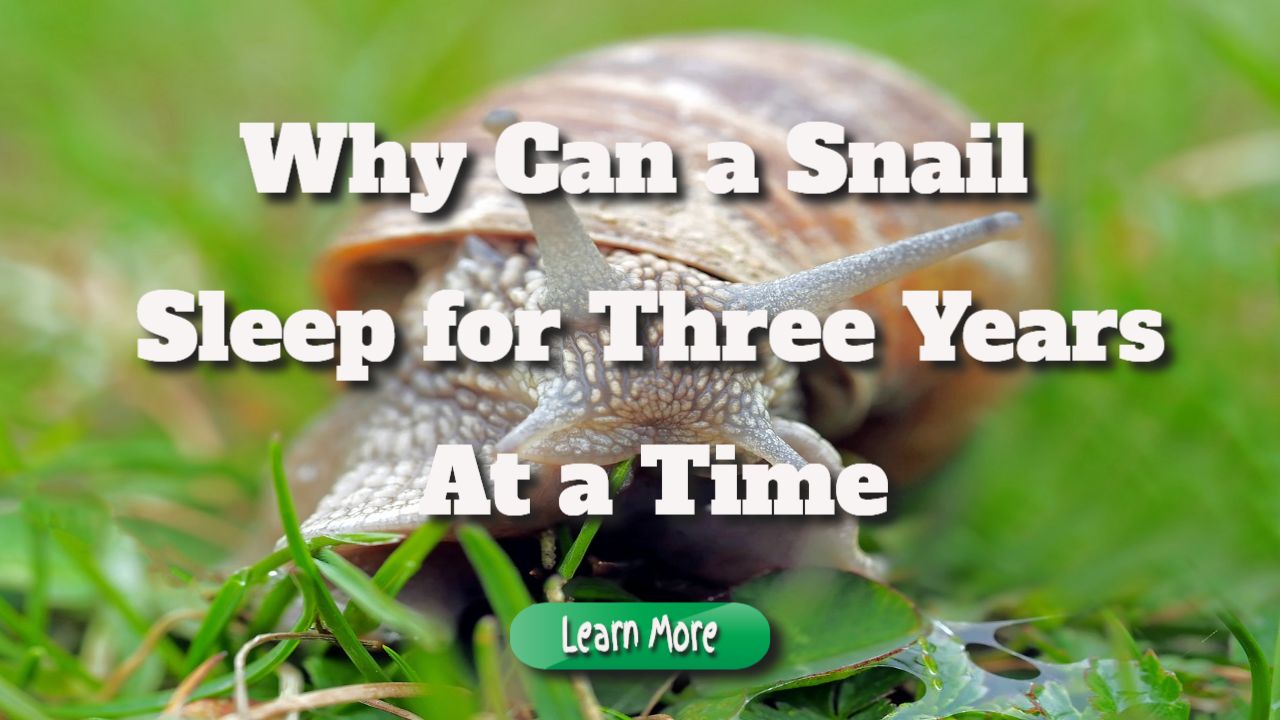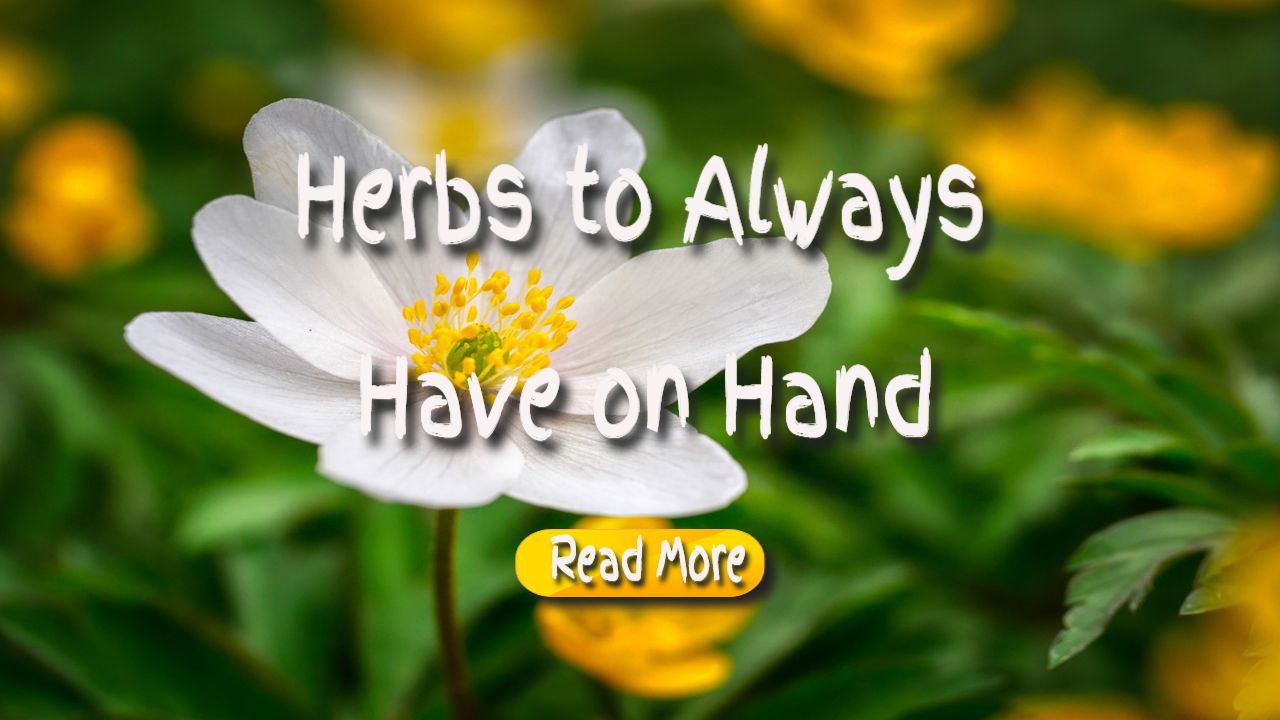What’s the Deal with Bread and Ducks?
Contents
What’s the Deal with Bread and Ducks?
What’s the Deal with Bread and Ducks?: Over three-quarters of the population dumps their bread crumbs into canals, rivers, reservoirs, and lakes every year. Discover why it’s critical for all of us to feed ducks differently.
5 Reasons Bread Isn’t Good
Ducks require a diversified diet to stay healthy. Bread has little nutritional value and fills the duck’s stomach, causing it to cease hunting for food that it would typically eat, which might lead to malnutrition.
Uneaten, soggy bread can cause a buildup of undesirable nutrients in the water, leading to additional algae development, sickness, and pests like rodents.
When the bread is thrown into a canal or river, it can result in unnatural overcrowding of bird populations as birds congregate in the exact location in pursuit of the starchy treat.
Too many ducks or waterfowl in the same area can put the birds under stress and wreak havoc on their natural habitat.
This also results in an abundance of bird droppings, which are foul and slippery and can also impact water quality and choke streams with hazardous algae.
What exactly do ducks eat?
Six different things to feed ducks.
Wildlife conservationists have made it their duty to improve the health of our country’s birds. For the sake of their well-being, do you know what to feed ducks?
1. ripe corn
Ducks, it turns out, adore sweet corn. It doesn’t matter if it’s canned, frozen, or fresh. Of course, you should remove the corn from the can first.
2. iceberg lettuce
We’re all guilty of wasting a lot of lettuce, especially packaged lettuce. Instead of throwing it out, shred it up and feed it to your neighbourhood ducks. Arugula, kale, and iceberg lettuce are all excellent options.
3. peas, frozen
While they do not require cooking, they must first be thawed.
4. oatmeal
Ducks love pancakes, oats, and even quick oatmeal.
5. plant
Ducks will be grateful for these nutritious nibbles whether you buy birdseed or seeds from the fruit and nut department at the store.
6th. rice
Ducks will be delighted to receive a handful of leftover rice after a snack. Remember to keep the crispy duck to yourself. You can use either cooked or uncooked rice.
Mallard
The mallard is undoubtedly the most common duck in the world, and it is a familiar and delightful sight on our canals and rivers.
Almost every British child has heard of a mallard, even if they know it like a “duck.” We may have underestimated this appealing, adaptive, and, most all, robust bird due to our familiarity with it.
The mallard has been domesticated for almost 2,000 years and is now so common in the UK that it would be difficult to find a river or hamlet pond without a mallard population.
The resilient ducks can establish themselves in any wetland, including drainage dykes and fast-flowing rivers. This is mainly owing to the mallard’s remarkable ability to adapt to practically any food source. This bird eats plants, berries, insects, crustaceans, and even potatoes.
You might be wondering where all the colourful “drakes” (male mallards) have gone in the mid-summer months that follow the breeding season. Ducks are unique in that they moult all of their flight feathers simultaneously, leaving them on the ground and susceptible to predators.
Evolution has offered some protection by replacing the drakes’ light-coloured feathers with darker brown feathers that give them a markedly female appearance.
Summary
So, is it permissible to feed bread to ducks? No, other alternative feeds will result in less crowding and a less stressful situation for ducks and swans. A happy duck is a healthy duck.





It’s so refreshing to see a discussion about the implications of feeding ducks bread! Like many, I grew up thinking it was a harmless pastime to toss bread crumbs to our feathered friends, often as a fun family outing or leisurely day at the park. Only later did I truly come to appreciate the negative impacts this seemingly innocent activity could have—not just on the ducks themselves but on their environment as a whole.
You bring up an important point about the seemingly innocuous act of feeding ducks bread. Many of us have such fond memories of it, often associated with family outings and a sense of connection to nature. As you’ve noted, it’s tempting to overlook the broader implications of this practice.
I really relate to your experience of tossing bread to ducks without a second thought. It felt like such a simple joy—something that brought us closer to nature as kids. It’s interesting how our understanding evolves as we learn more about the consequences of our actions.
This is a really important topic that often flies under the radar. It’s surprising how many people still equate feeding ducks with an enjoyable day out, without considering the long-term consequences. I remember a local pond where families gathered to feed the birds, but over time, the water quality suffered, and we started noticing fewer ducks. It was a real eye-opener for many in the community about how our seemingly harmless actions can impact wildlife.